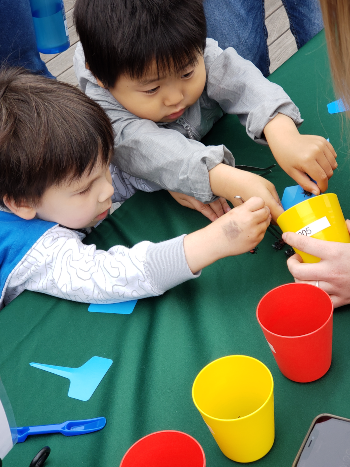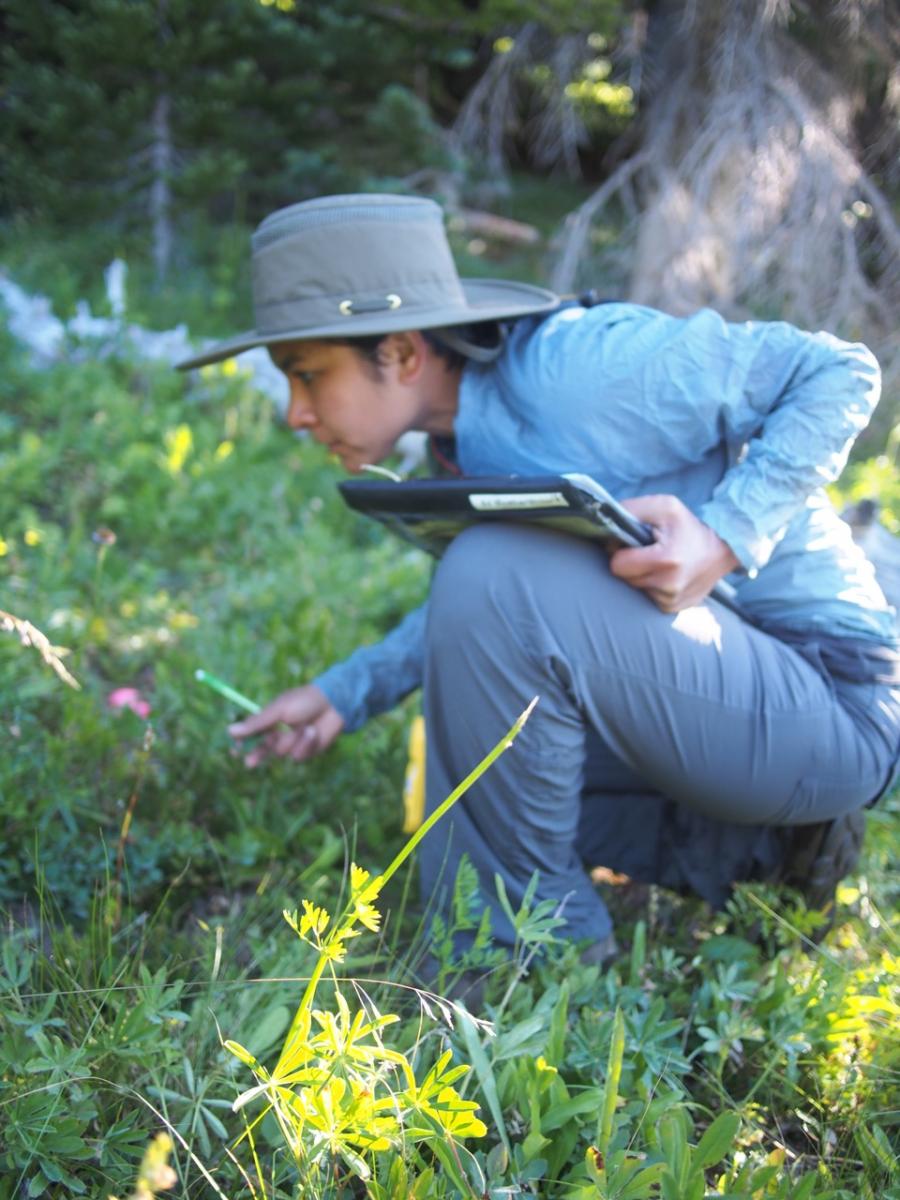 Climate change education can feel like a balancing act between two extremes. Activities using data and graphs, crucial for evidence-based learning, often don’t personally resonate, while those featuring polar bears on melting icebergs and sea turtles with plastic in their stomachs can feel emotionally manipulative and overly reductionist. It may also be difficult to help people move from a strong emotional connection with endangered animals to a focus on the underlying data behind the reasons for endangerment so that even those who support climate change research may not be able to answer basic questions about it.
Climate change education can feel like a balancing act between two extremes. Activities using data and graphs, crucial for evidence-based learning, often don’t personally resonate, while those featuring polar bears on melting icebergs and sea turtles with plastic in their stomachs can feel emotionally manipulative and overly reductionist. It may also be difficult to help people move from a strong emotional connection with endangered animals to a focus on the underlying data behind the reasons for endangerment so that even those who support climate change research may not be able to answer basic questions about it.
"Glocalization," a strategy to tailor a global message to a local community, is one of the best solutions for finding this balance. People are more likely to engage when they feel a connection to the data, and positioning a global problem like climate change in a relatable context can be the entry point to engaging more broadly.
NCSE’s Breaking down Barriers program, along with the Supporting Teachers program, are using this strategy to engage students and community members across the country. For the July 2019 Breaking Down Barriers activity, we debuted a glocalizable project about mosquito-borne diseases and abatement strategies. Our volunteer leaders use their own local data to show the spread of Zika and West Nile viruses and help participants design a keychain where each bead represents part of an effective mosquito strategy in their hometown.
In 2019 our Graduate Student Fellows used glocalization as inspiration behind their own place-based activities through a project called Climate Change in My Community. Meera Sethi, a Ph.D. student at the University of Washington, recognized that many Washington residents are driven by a strong connection to nature in designing her activity about glaciers and Mount Rainier. 
“With glaciers,” Sethi explained, “people connect in a way that is both aesthetic and emotional.” Sethi added that the local connection and the eye-catching appeal of glaciers made it really easy to engage passersby, even people who wouldn’t naturally gravitate towards a climate change activity. “Many people had heard about the glaciers changing, but they didn’t know why or why it mattered.”
She also noticed intergenerational communication about the local impacts of climate change. Adults who had lived in Washington all their lives shared stories of experiencing the change in glacier coverage themselves. The Paradise Glacier caves used to be an impressive destination for hikers, one participant noted, but have not existed since the mid-1990s. By surfacing powerful narratives like this one, Climate Change in my Community projects can provide the local, emotional connection necessary to solve global issues.
Once NCSE’s redesigned website launches later this summer, you’ll be able to check out these projects, along with our place-based lessons. Whether you want to work in the classroom or the community, you can find a project to tailor to the needs of your hometown.

